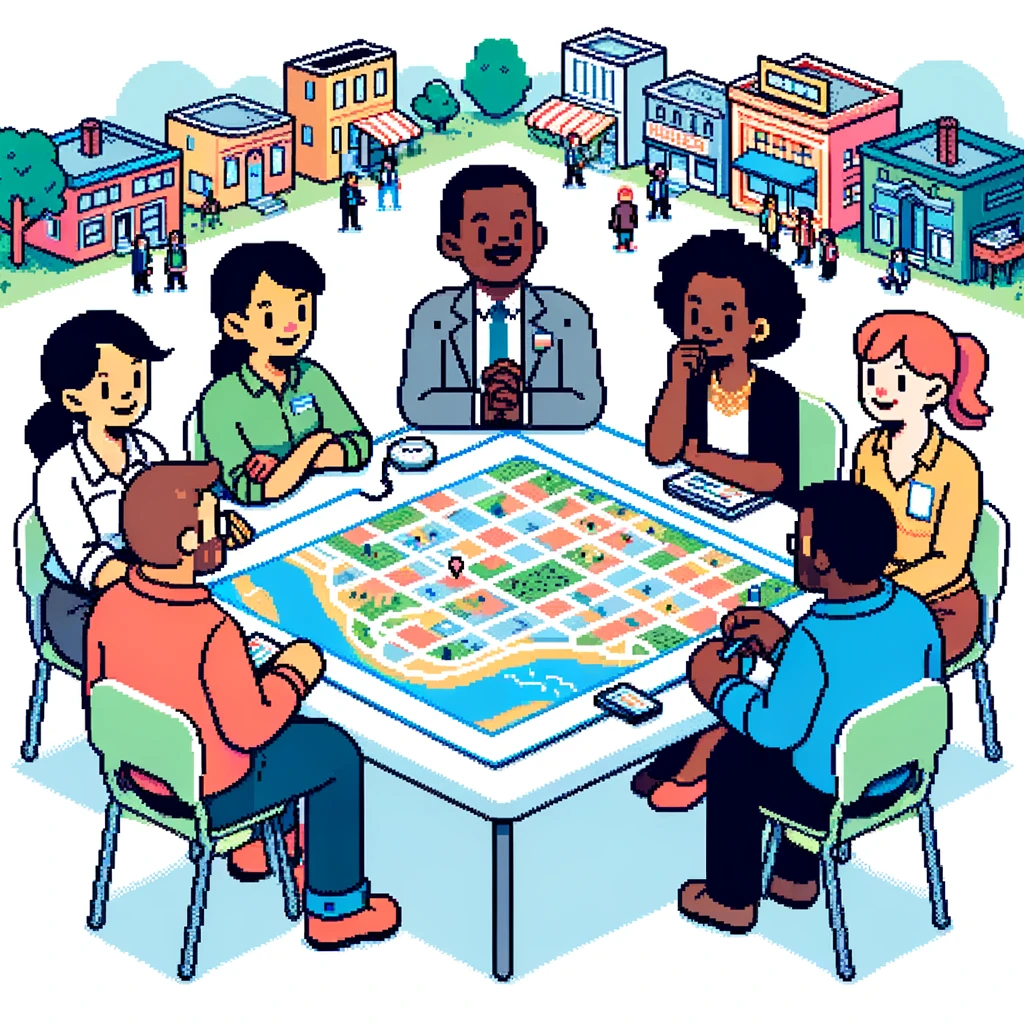
How Leadership Attitudes Shape Community Health: A Closer Look at Health Equity and Social Determinants
A fascinating study published in PLoS ONE by Williams, Newton-Hoe, and Kovac sheds light on the power of leadership in shaping community health. The research, funded by our buddies over at the Robert Wood Johnson Foundation, delves into the attitudes of state and community leaders toward health equity and social determinants of health, and how these perspectives correlate with actions to improve population health.
The Importance of Leadership in Health
Leaders play a pivotal role in steering the health initiatives within their organizations and communities. The study highlights that leaders’ beliefs about health priorities can significantly influence public health outcomes. By understanding leaders’ attitudes, we can better support actions that promote health equity and address social determinants of health such as education, economic stability, and environment.
Study Overview
The study surveyed a whopping 18,367 leaders across all 50 U.S. states, 325 cities, and various sectors, examining their views on factors that influence health. Two attitudes stood out as significantly linked to their intentions to foster health improvement:
- Self-efficacy: Confidence in their ability to enact change.
- Behaviors valued by important others: The perceived expectations from significant stakeholders.
These findings underscore the necessity to bolster leaders’ confidence and support their recognition of valued behaviors, fostering a proactive approach to community health.
Understanding the Social Determinants of Health
One of the key insights from the study is the acknowledgment of social determinants of health by the leaders. This involves understanding that health outcomes are not solely determined by medical care but also by social and environmental factors. Leaders who recognize this are better equipped to implement policies that address these broader issues, thereby improving overall health outcomes.
Barriers and Opportunities
Despite the positive attitudes, leaders reported significant barriers, including resource limitations and lack of coordination across services.
Author’s editorial comment: I’ve seen variations of “resource limitations” in articles as long as I’ve been reading scientific articles. It’s almost a fixed property. If resources are truly holding up work, that means that we either need more resources or need to use what we have efficiently. Over at Dawn Chorus, we developed a tool to help identify funding streams and, subsequently, how to diversify these. You can find it right here. The other side is the realm of implementation science. We need to do the right thing for the right people in the right conditions in the right way.
Addressing these challenges requires strategic planning and resource allocation, emphasizing the need for comprehensive health policies that go beyond immediate medical care.
Engage with Us!
What do you think about the role of leadership in community health? How can leaders overcome the barriers to implementing effective health policies? Share your thoughts in the comments below or on our social media platforms.
Join the Movement of Health Innovators – Subscribe for Weekly Insights!
Step into the forefront of public health innovation with ‘This Week in Public Health.’ Every edition brings you closer to the latest developments in research, community health, and advocacy. It’s more than a newsletter – it’s your resource for becoming an informed and active participant in the health community. Subscribe for free and join a network of individuals dedicated to making a lasting impact in public health!
About the Author
Jon Scaccia, with a Ph.D. in clinical-community psychology and a research fellowship at the US Department of Health and Human Services with expertise in public health systems and quality programs. He specializes in implementing innovative, data-informed strategies to enhance community health and development. Jon helped develop the R=MC² readiness model, which aids organizations in effectively navigating change.



